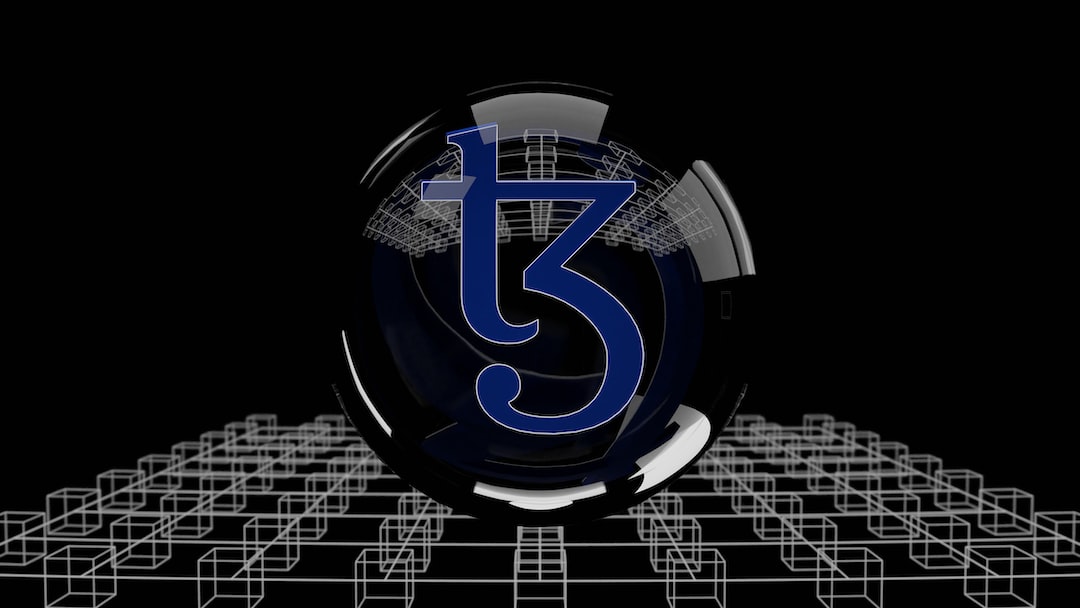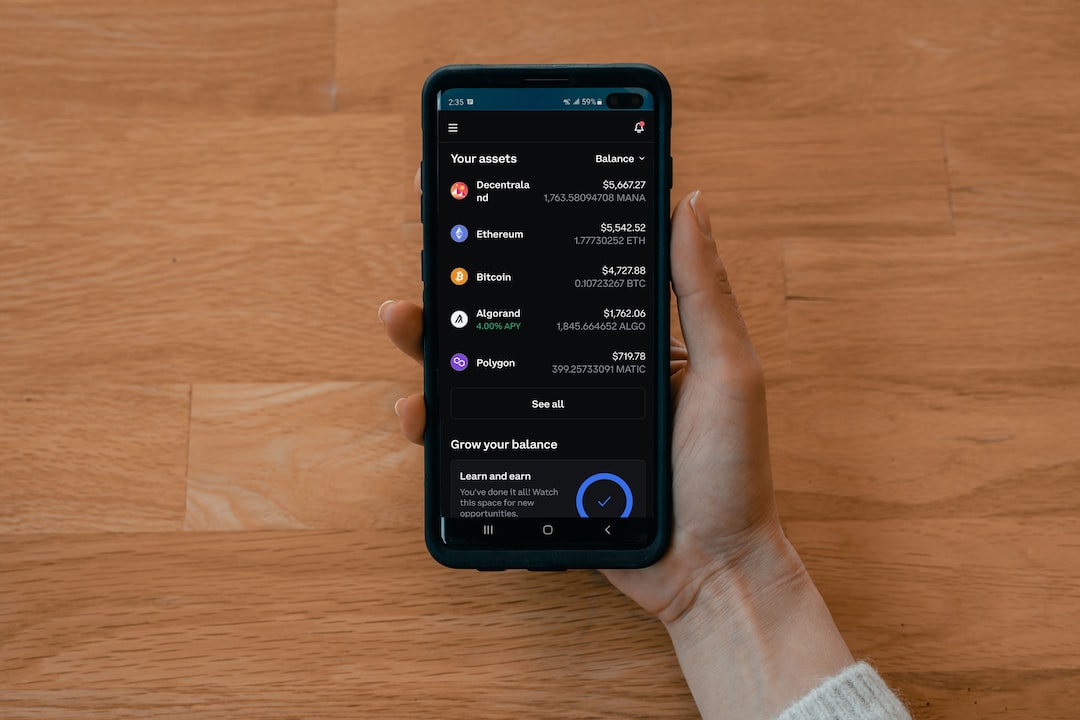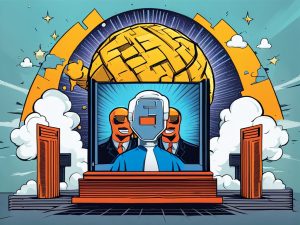AI Chatbots and their Political Biases
Computer scientists have conducted tests on popular AI chatbots and found that they have distinct political biases. OpenAI’s ChatGPT and GPT-4 were identified as the most left-leaning libertarian chatbots, while Meta’s LLaMA leaned the furthest right and most authoritarian. These biases were determined by asking each chatbot whether it agreed or disagreed with politically charged statements. The study also revealed that the biases affected how the models categorized hate speech and misinformation. Left-leaning AI was more sensitive to hate against minorities but ignored left-generated misinformation, while right-leaning AI did the opposite. The research paper warns that these biases can propagate social biases into hate speech predictions and misinformation detectors.
Implications and Challenges of Biased AI
The biases identified in AI chatbots have important implications on their ability to accurately predict hate speech and detect misinformation. The study found that AI models pretrained with corpora from right-leaning sources were better at identifying factual inconsistencies in right-leaning news sources, while left-leaning AI showed stronger sensitivity towards hate speech against minorities. Additionally, different versions of the same AI model showed shifts in their political stances. This research highlights the need for increased awareness of the biases present in AI systems, as they continue to evolve alongside our political differences.
Elon Musk’s Pursuit of Transparent AI
Elon Musk, while acknowledging the potential risks of unconstrained AI, believes that training AI to be politically correct is equally dangerous. He is developing his own unfiltered AI called xAI, with the goal of creating transparent and truth-telling AI that does not lie. Musk’s vision challenges the supremacy of OpenAI and Meta in the AI field. However, skeptics of AI express concerns about the potential unintended consequences of unfiltered AI. As partisan AI becomes more prevalent, it becomes crucial to understand and address the biases present in these systems.
The Human Element in AI
Despite efforts to create unbiased AI, the research suggests that completely unbiased AI is unlikely. Just like flawed humans, AI appears to have political leanings and biases. This raises the question of whether having political opinions might be the most human-like trait that AI can achieve. As AI continues to evolve, it is essential to recognize and navigate the political biases in these systems.
Hot Take
The study’s findings on the political biases of AI chatbots emphasize the need for transparency and awareness in the development and deployment of AI systems. As AI becomes increasingly integrated into our lives, understanding its biases and limitations is crucial for building fair and trustworthy AI that truly benefits society.





 By
By
 By
By
 By
By
 By
By

 By
By